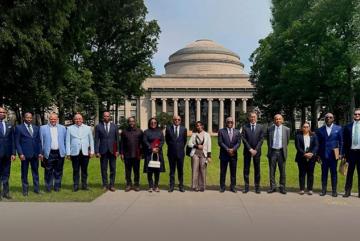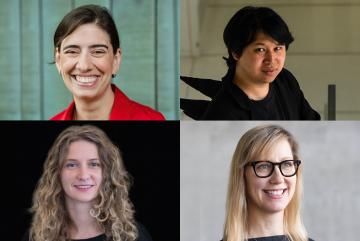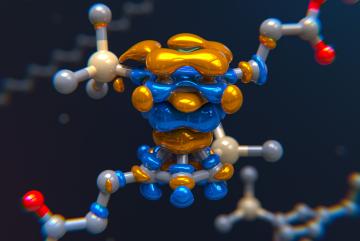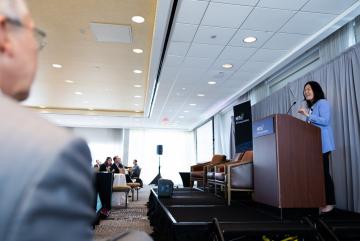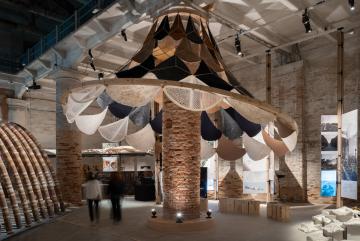
MIT News Office
|
3 Questions: Measuring the financial impact of design in the built environment
A new book, “Value of Design,” serves as a tribute to the late MIT research scientist Andrea Chegut, whose work linked the economics of innovation to real estate finance and development.
MIT News Office
|
MIT-Africa launches new collaboration with Angola
Through education and innovation, the new initiative aims to spark novel approaches to global sustainability challenges and strengthen academic ties.
MIT News Office
|
School of Architecture and Planning welcomes new faculty for 2025
Four new professors join the Department of Architecture and MIT Media Lab.
MIT News Office
|
AI helps chemists develop tougher plastics
Researchers created polymers that are more resistant to tearing by incorporating stress-responsive molecules identified by a machine-learning model.
MIT News Office
|
Why animals are a critical part of forest carbon absorption
An MIT study shows decreases in seed-dispersing animals can lead to a major reduction in forest carbon absorption.
MIT News Office
|
Study shows how a common fertilizer ingredient benefits plants
The findings could enable new ways to increase plants’ resilience to UV stress and enhance seedling growth.
MIT News Office
|
Robotic probe quickly measures key properties of new materials
Developed to analyze new semiconductors, the system could streamline the development of more powerful solar panels.
MIT News Office
|
Confronting the AI/energy conundrum
The MIT Energy Initiative’s annual research symposium explores artificial intelligence as both a problem and a solution for the clean energy transition.
MIT News Office
|
VAMO proposes an alternative to architectural permanence
A project at the Venice Biennale showcases biodegradable materials and structural systems using tension and compression.



